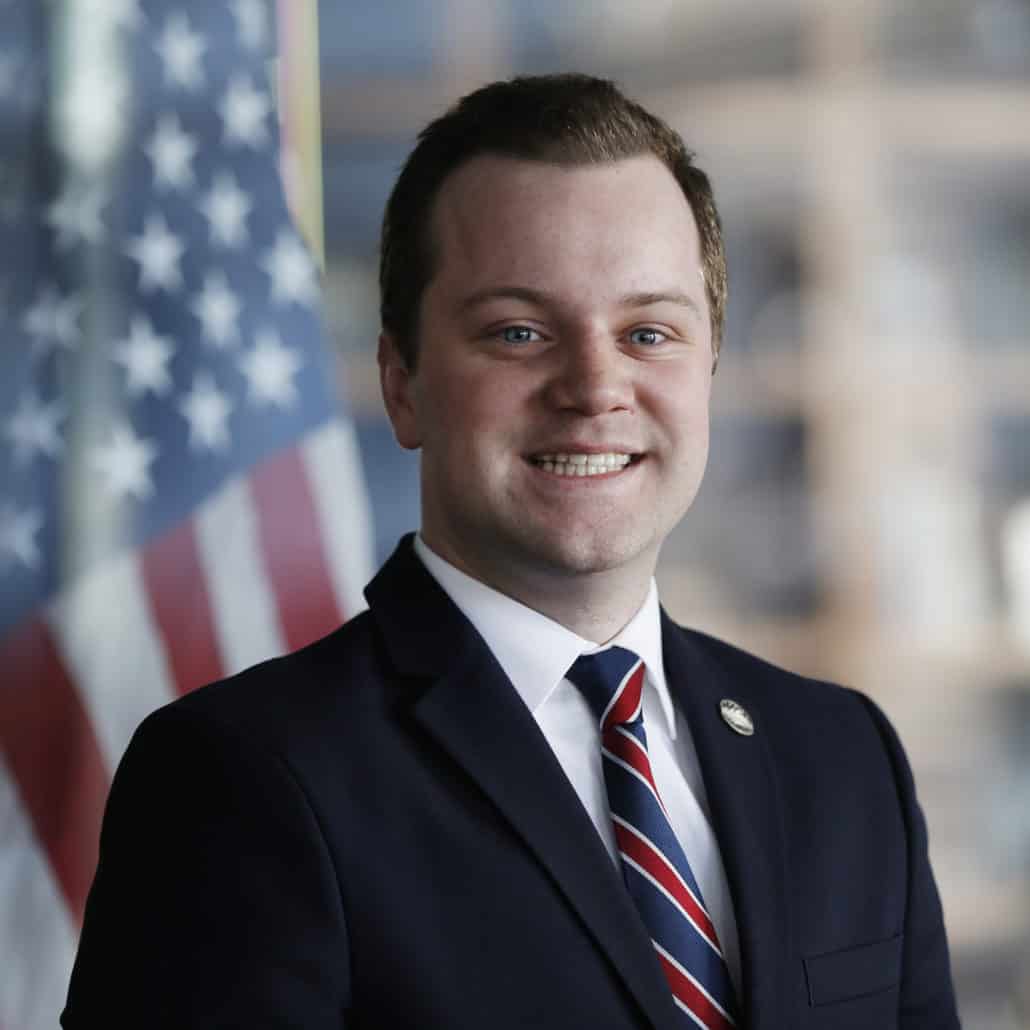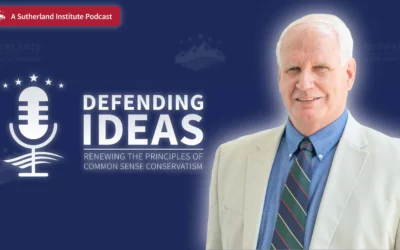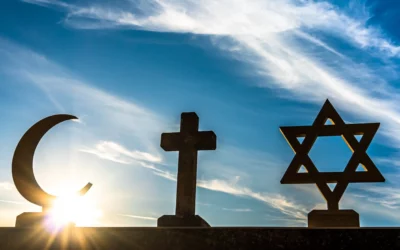
Written by Kyle Treasure
March 13, 2018
If you choose to participate in a protest, remember that it is not the end. It’s a start.
There is no shortage of things to protest for or against in our country. Our protest culture has become the only way many people engage in the political process. It’s exhilarating to be part of a massive crowd, holding a clever sign and shouting your beliefs.
But protests are a beginning, not an end. Real change happens when you roll up your sleeves, square your shoulders, get involved and are determined to make a difference.
Don’t get me wrong – protests have been instrumental in bringing about significant and positive changes in our nation. The marches of the 1950s and ’60s led to the Civil Rights Acts. Suffragette rallies brought about the 19th Amendment to the Constitution. Colonial protests led to the establishment of the United States of America.
Imagine where we would be without the principled protests of 1770s Boston, beginning with the famed Boston Tea Party. But the Founding Fathers did not stay in a Boston state of mind forever. They understood that protesting has its limits.
I have been incredibly inspired by the students of Marjory Stoneman Douglas High School. Since the shooting that ended 17 lives at their school, these young people, their families, and their peers have organized protests and demonstrations across the country. They have demanded change in the streets, but they didn’t stop there.
Last month, dozens of these students and their families gathered at the White House to prompt crucial conversations on gun reform. These students may have started by protesting, but they are quickly engaging at a higher level by attending town halls, organizing their peers, and sitting down with local, state and national leaders.
While these student-led protests have started a national conversation, now is the time for each of us to turn our focus to implementing principled solutions to this very real problem.
Protest alone is not how real change happens. Anger is not an agenda. Passion without focus is pointless. There comes a time when protesters must put down their signs, lower their voices, and have a seat at the table. That’s when crucial conversations can take place and progress can be made.
The founders of our nation eventually made their way from Boston to Philadelphia, where they came together to form a government with clear principles at its core. A lasting and stable America couldn’t have been born without that crucial shift. Change may start in the protests of Boston, but we must move on to the principles of Philadelphia.
Sun Tzu’s words can be instructive: “Strategy without tactics is the slowest route to victory. Tactics without strategy is the noise before defeat.” In our passion, we may believe the tactic of protest can alone bring about a victory. But wisdom tells us that these tactics must be combined with a strategic civil dialogue and a willingness to engage in the process.
The steps that follow protest can include writing or calling your elected representatives with ideas and solutions, organizing your friends and neighbors into a cohesive group, or even running for office yourself.
A Philadelphia vision provides lasting influence that the protests of Boston alone cannot create. We must commit to working toward sustainable change and resist the limitations of a protest culture.
More Insights
Read More
Do we need to care about the Utah State Board of Education?
For any Utah voters who also feel like K-12 public education is headed in the wrong direction, learning about the candidates running for a seat on the Utah State Board of Education (USBE) is a wise choice this election season.
Defending education choice the right way
Education choice has exploded in popularity across the nation in recent years. So why does it remain a contentious point of debate in some parts of the country?
Looking at Supreme Court and religious freedom through the lens of the presidential campaign
Two constitutional issues highlight similarities and differences between the Biden and Trump administrations.


